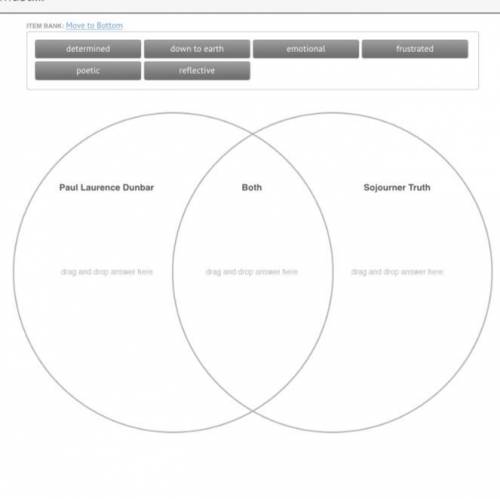English, 22.06.2019 01:00
Can i get it's due read the poem below, and then answer the questions that follow. the courage that my mother had by edna st. vincent millay the courage that my mother had went with her, and is with her still: rock from new england quarried; now granite in a granite hill. the golden brooch my mother wore she left behind for me to wear; i have no thing i treasure more: yet, it is something i could spare. oh, if instead she'd left to me the thing she took into the grave! - that courage like a rock, which she has no more need of, and i have. the metaphor in lines 3-4 suggest what about the mother? question 1 options: that the speaker's mother was a big, tough woman that the speaker's mother died before she should have that the speaker's mother did not leave anything to her child when she passed away that the speaker's mother was strong and brave < this is what i think the answer is. the courage that my mother had by edna st. vincent millay the courage that my mother had went with her, and is with her still: rock from new england quarried; now granite in a granite hill. the golden brooch my mother wore she left behind for me to wear; i have no thing i treasure more: yet, it is something i could spare. oh, if instead she'd left to me the thing she took into the grave! - that courage like a rock, which she has no more need of, and i have. based on the 2nd stanza, how does the speaker feel about the golden brooch that was passed down from the mother to child? question 2 options: the speaker thinks it was a waste of money the speaker places a high value on the item the speaker never wears the brooch the speaker feels it could be easily replaced the courage that my mother had by edna st. vincent millay the courage that my mother had went with her, and is with her still: rock from new england quarried; now granite in a granite hill. the golden brooch my mother wore she left behind for me to wear; i have no thing i treasure more: yet, it is something i could spare. oh, if instead she'd left to me the thing she took into the grave! - that courage like a rock, which she has no more need of, and i have. which line from stanza 2 supports the answer the the previous question? (how does the speaker feel about the brooch the mother passed down to child? ) question 3 options: the golden brooch my mother wore she left behind for me to wear; i have no thing i treasure more yet, it is something i could spare. the courage that my mother had by edna st. vincent millay the courage that my mother had went with her, and is with her still: rock from new england quarried; now granite in a granite hill. the golden brooch my mother wore she left behind for me to wear; i have no thing i treasure more: yet, it is something i could spare. oh, if instead she'd left to me the thing she took into the grave! - that courage like a rock, which she has no more need of, and i have. which item does the speaker admire and value the most that the mother possessed? question 4 options: courage a rock golden brooch granite the courage that my mother had by edna st. vincent millay the courage that my mother had went with her, and is with her still: rock from new england quarried; now granite in a granite hill. the golden brooch my mother wore she left behind for me to wear; i have no thing i treasure more: yet, it is something i could spare. oh, if instead she'd left to me the thing she took into the grave! - that courage like a rock, which she has no more need of, and i have. what is the theme of this poem? question 5 options: be careful what you wish for. some people do not get a good inheritance from their parents familial love is the most valuable thing honorable qualities can be more valuable than expensive items.
Answers: 2


























